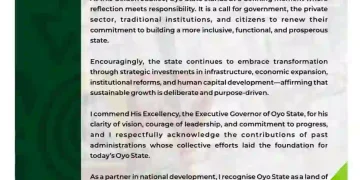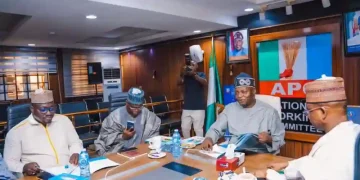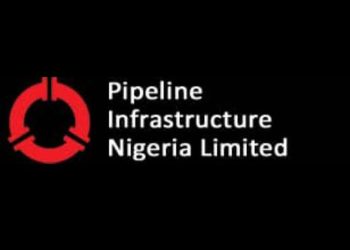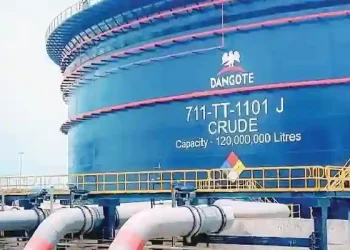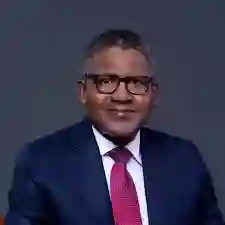Legal Practitioner and expert in Energy Resources Law, Evans Ufeli Esq, has said that the lingering dispute between Dangote Petroleum Refinery and the Petroleum and Natural Gas Senior Staff Association of Nigeria (PENGASSAN) will have rippling negative effects on the economy. He recently admitted that the law allows trade unions to take collective action during disagreements.
Speaking during an exclusive interview with The Nation, Evans revealed that if PENGASSAN can prove that the sackings were unlawful and unfair, then their action is defensible, but that doesn’t negate the risk that comes with potential third-party contractual breaches.
According to him, if PENGASSAN ordered members of other companies to breach their supply contracts, the association would be be vulnerable to court injunctions and civil liability for the obvious breach and interference.
He stated that while trade unions are allowed to go on strikes during disputes, it is still subject to statutory procedures and contract terms.
“Trade unions have the right to take collective action, including strikes, but that right is subject to statutory procedures, contract terms, and constitutional/International Labour Organisation (ILO) protections for freedom of association.
Were the dismissed workers unlawfully dismissed for union activity? Did PENGASSAN follow statutory dispute-resolution steps (conciliation/notice requirements) before directing industrial action? Is the direction a primary industrial action against Dangote directly or a secondary action/sympathy strike against third-party suppliers?
Many legal systems (and Nigerian jurisprudence/practice) place tighter limits on secondary boycotts/secondary strikes and on inducing third parties to breach existing contracts.
If PENGASSAN ordered members of other companies to breach their supply contracts, that may be vulnerable to court injunctions and civil liability (inducing breach, tortious interference).
If PENGASSAN can show the sackings were unlawful unfair dismissals and complied with required procedures, its action is more defensible -but still risky if it causes third-party contractual breaches. There is a need to investigate unfair dismissal claims: ensure quick, impartial investigation of the sackings; if dismissals breach labour law or collective bargaining agreements, require remedial action,” he said.
Ufeli further noted that the saga, if not contained permanently, could lead to reputational damage and investor concern, strained relations with other contractors and supply-chain partners, possible regulatory scrutiny and full-blown political fallout.
He concluded by saying that the dragged-out back and forth could also result in workforce morale problems and severe implications that could negatively affect downstream companies and market perceptions of energy security.
“Yes, a prolonged cut-off of feedstock or utilities could be framed by Dangote as a force majeure event if the refinery cannot perform because of circumstances beyond its control.
Whether a force majeure clause applies depends entirely on the contract wording: some clauses expressly include strikes/industrial action, others do not, and many require that the event be unavoidable despite mitigation.
In terms of legal measures, Dangote can apply to the National Industrial Court for injunctive relief (to stop unlawful secondary action), sue for inducing breach of contract and recover damages, seek contempt sanctions if court orders are flouted.
This is just as labour/legal settlement can help mitigate the crisis by engaging with the Ministry of Labour, offer interim remedies (suspension of contested dismissals, binding arbitration, expedited grievance hearings), or negotiate a settlement to de-escalate.
There must be enforcement of law. The parties must enforce court orders and prohibit unlawful secondary boycotts; regulators (Department of Petroleum Resources, NNPC where relevant) can coordinate to maintain supplies,” he added.




